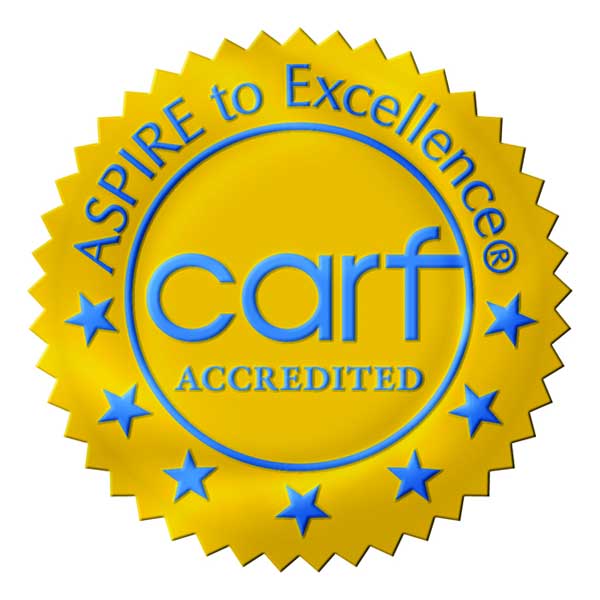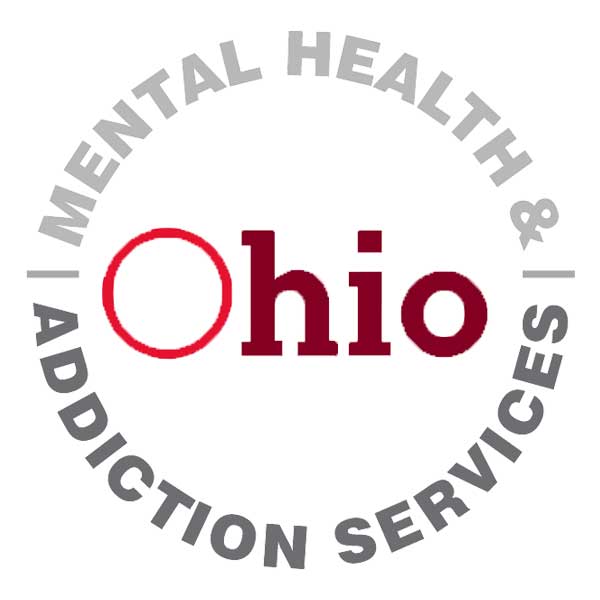RECOVERY STARTS HERE!
513.792.1272
Guide for Parents
A guide for parents on ASAP assessment and treatment.
Parents seeking assessment or treatment for their teens and young adults often have questions about the process. This guide for caregivers includes information that previous families have told us helped them to make a treatment decision.
Before coming for an assessment, you may feel:
- Surprised
- Confused
- Fearful
- Hopeless
- Overwhelmed
- Alone
- All or any combination of these emotions
Step 1: Call ASAP to Get Started
- Our intake specialists will collect the pertinent information, including insurance information, and schedule your teen or young adult for an assessment appointment with a member of our clinical staff.
- We will check your insurance benefits, and then call you back to discuss the quoted benefits available to your family for all levels of treatment offered at ASAP. You should also call your insurance provider to verify benefits for the services ASAP provides.
- With your permission, you will receive an email from ASAP confirming your teen’s appointment and detailing important information about what to expect at the assessment.
Step 2: Attend a Formal Assessment
- Please plan two hours for your assessment.
- A parent or guardian is required to attend the assessment for all clients 19 or younger. This is another way to encourage familial involvement in the recovery process. Parents or guardians will fill out a Parent Assessment during the assessment that will cover family history as well as specific information about your teen. We use the parental view as one component in making a recommendation.
- Recommendations will be made at the end of your assessment.
Remember, ASAP is a partner, working to assist you in helping your child.
Step 3: Make a treatment decision
ASAP is committed to providing you and your teen with the most comprehensive evaluation available. At the conclusion of the ASAP assessment, your counselor will invite you to describe how you plan to follow through with the recommendations made for you and your child. If the recommendation is for a service that ASAP does not provide (like partial hospitalization, in-patient hospitalization, or detox), we are happy to help you find the appropriate doctor or facility to get your teen on the way to a healthy, sober life.
Step 4: Talk about treatment
We understand that this is a confusing and scary time for many families. Parents have told our staff that they have limited knowledge about the dangerous interaction between mental distress, substance use and social media on adolescents. Some have worried that they aren’t able to appropriately guide the discussions they have with their teens and young adult children. We hope that by providing you with information, you will feel more informed and better able to guide your family through this difficult time.
ASAP can help you and your family return to a healthy place.
ASAP is the only treatment facility in the region that focuses solely on adolescents and young adults. We utilize ASAM guidelines for best treatment of clients with substance use disorders.
Key points to remember if and intensive outpatient program is recommended:
- ASAP has multiple treatment professionals who work with all clients
- We host on-site mutual support groups (NA, Nar-Anon, SMART Recovery, and institutional AA meetings during TRIP and PIVOT)
- Access to direct, individual treatment with doctoral-level staff
- Rolling admission so you don’t have to wait to get help
- Minimal disruption to your schedule
- Family Medical Leave forms are completed at no charge
Your child may say, “I want to maintain my drug or alcohol use and continue living my current ‘lifestyle,’ regardless of the consequences.”
Your child may feel, “There is no solution for the mental distress I am experiencing.”
Your child may believe, “There is no problem except you or other authority figures.”
Teenagers and young adults often struggle to accept help or to make changes that are consistent with long-term goals. It is ASAP’s experience that even the most angry, resentful, and resistant clients make significant strides during and after treatment, even when it takes a longer than hoped for timeframe.
Substance use and mental health disorders are illnesses often compared to diabetes or obesity in the type of ongoing care that can be required. These illnesses affect our clients and their families in many destabilizing ways. ASAP can help restore health through the development and renewal of positive and practical behaviors. Through treatment, many clients come to recognize the sacrifice, commitment, and resolve their caregivers exhibit by providing the needed care, support and unwavering commitment to their health.
SUCCESS STORIES
CALL US AT
513.792.1272
OR
Request a call from an ASAP professional






